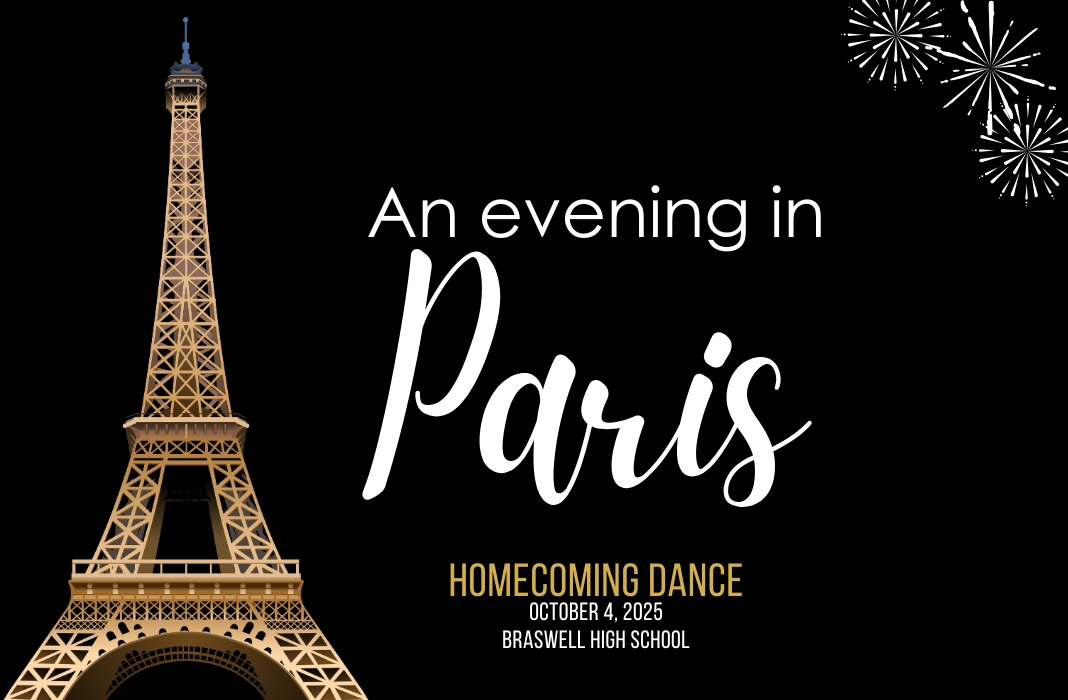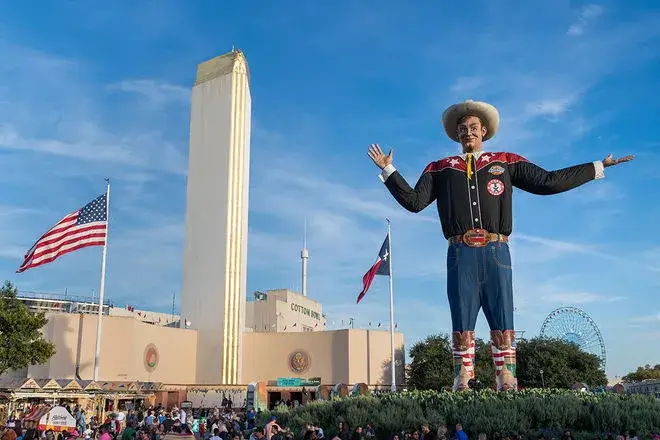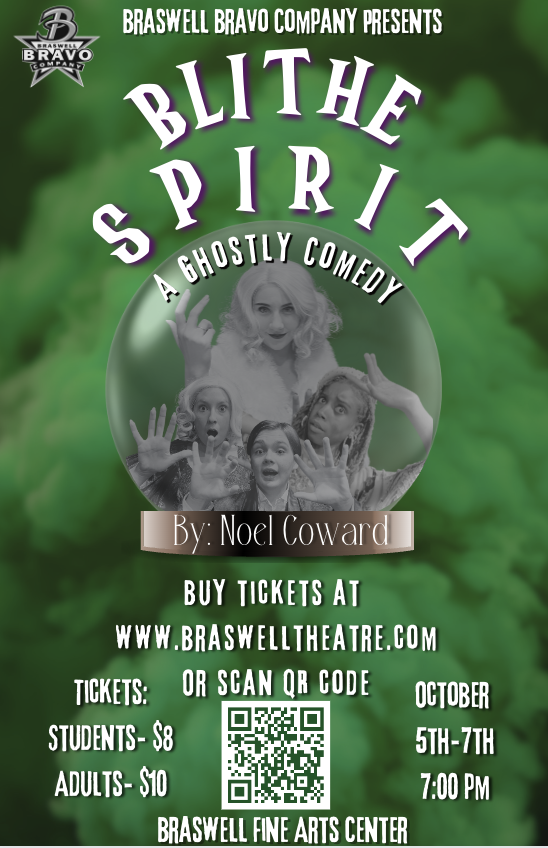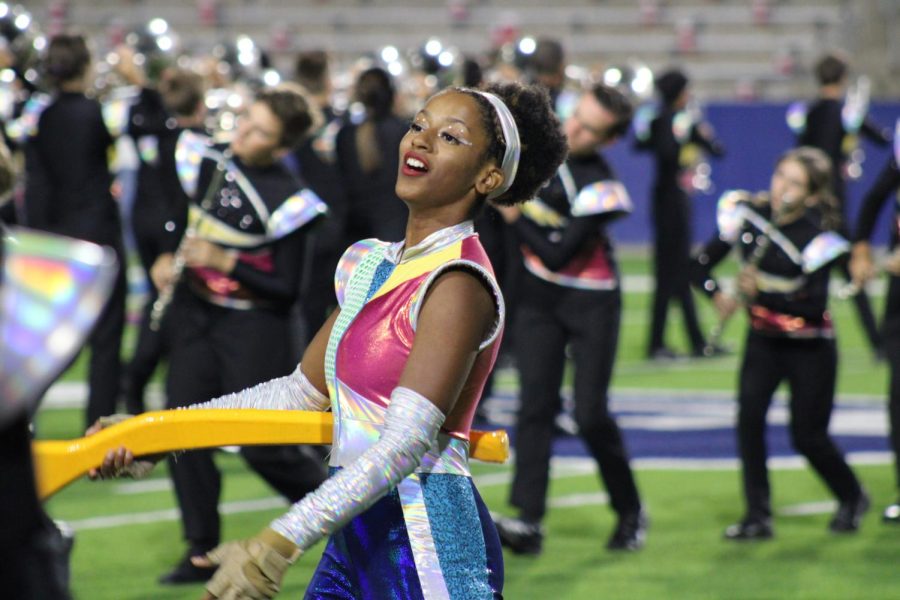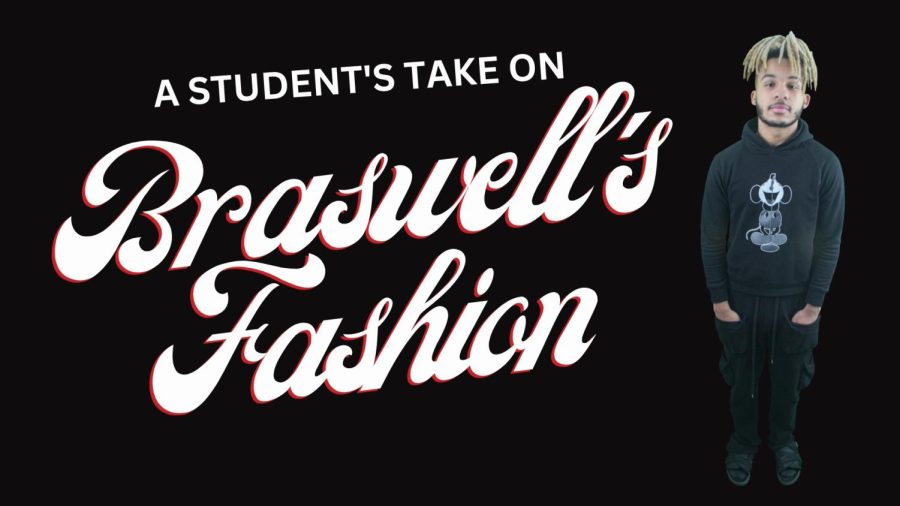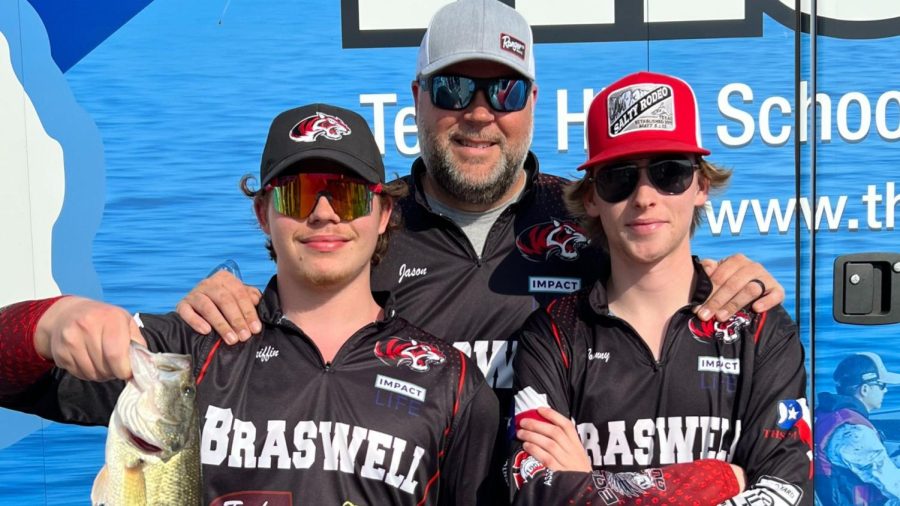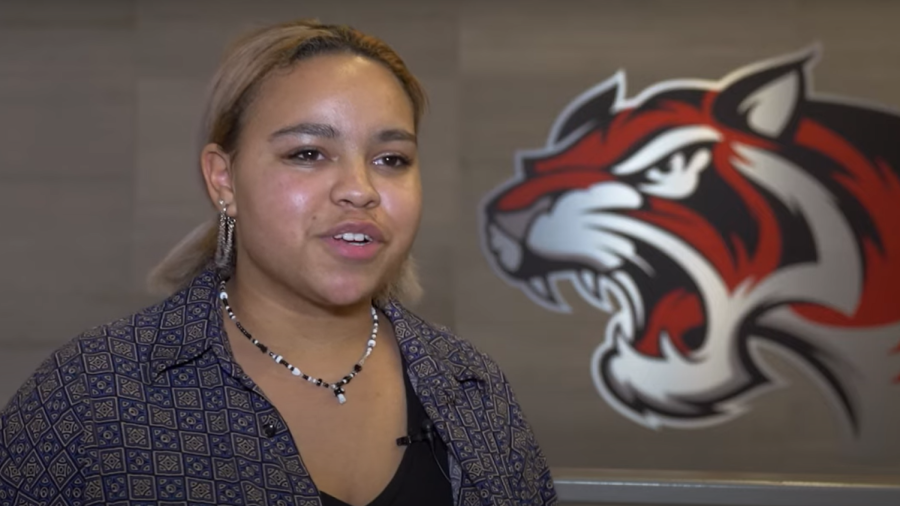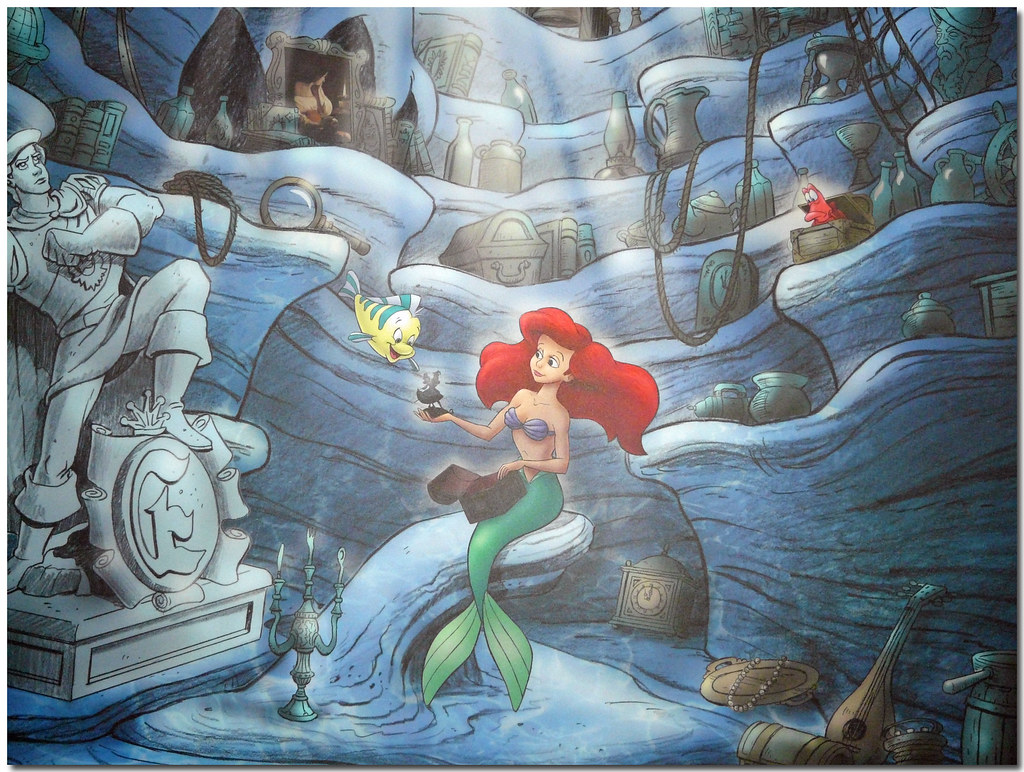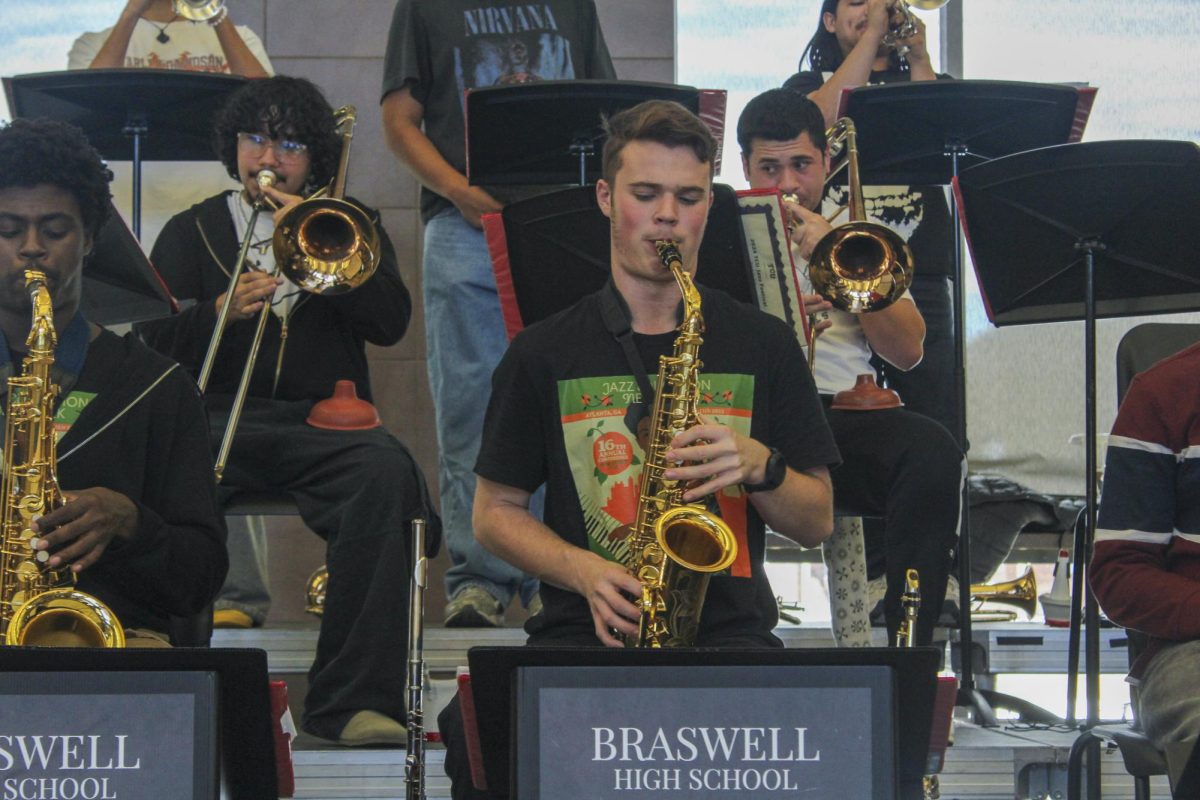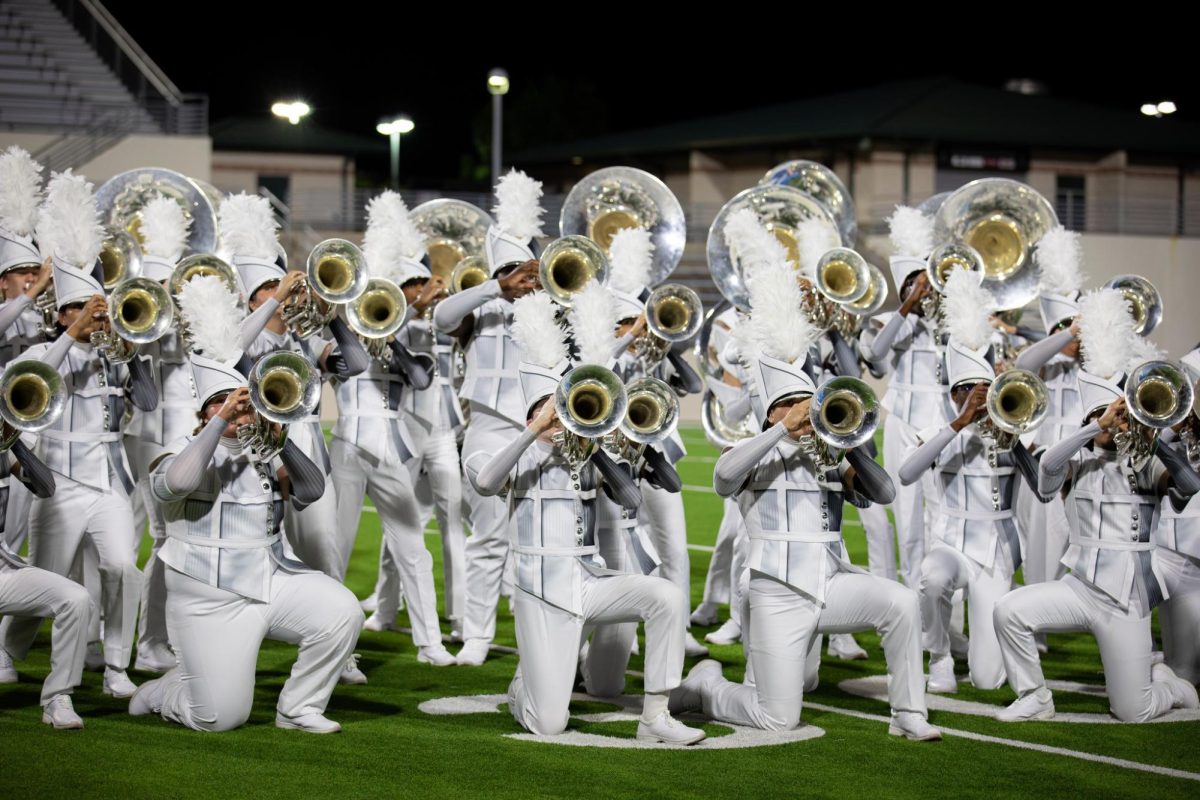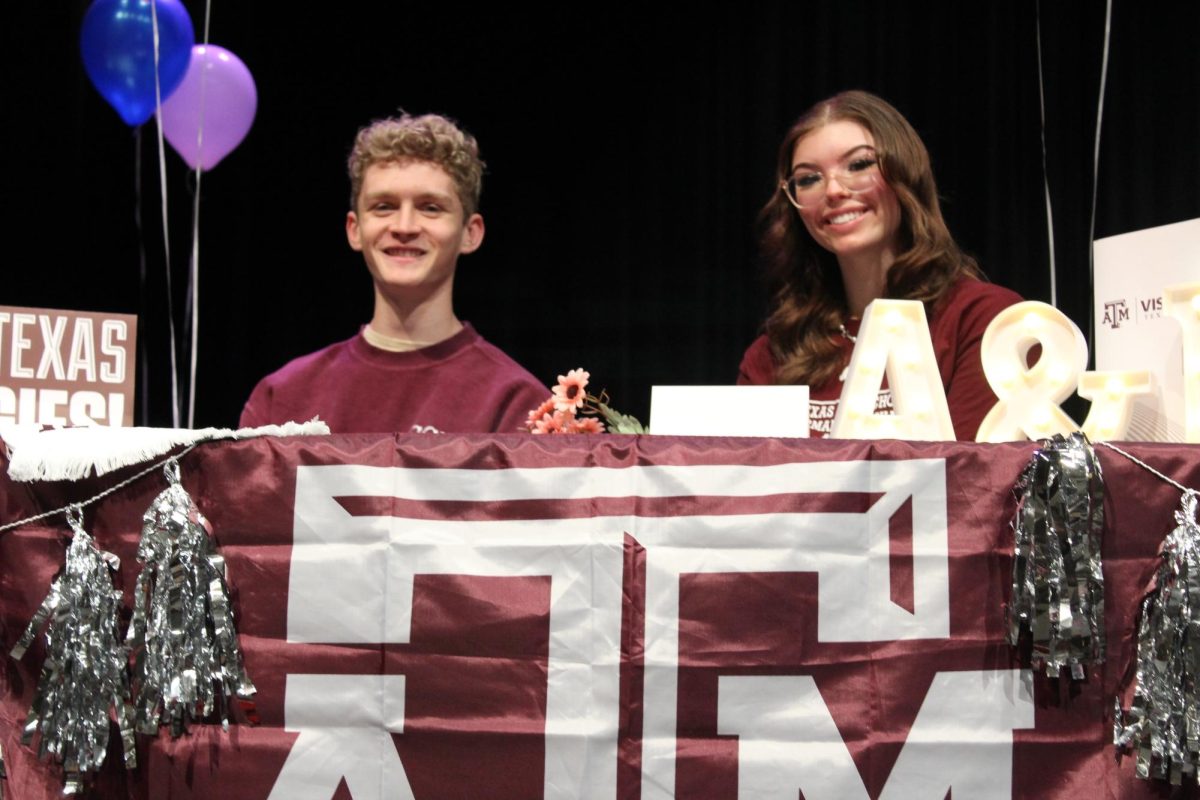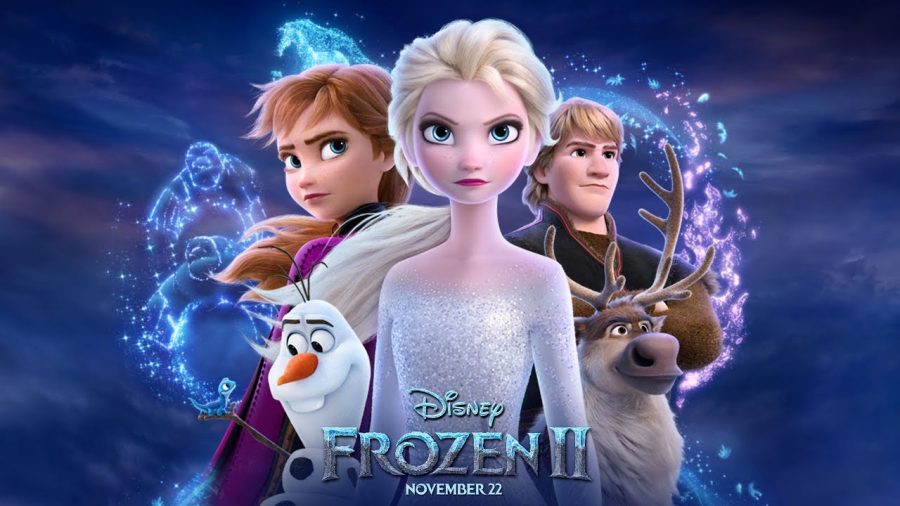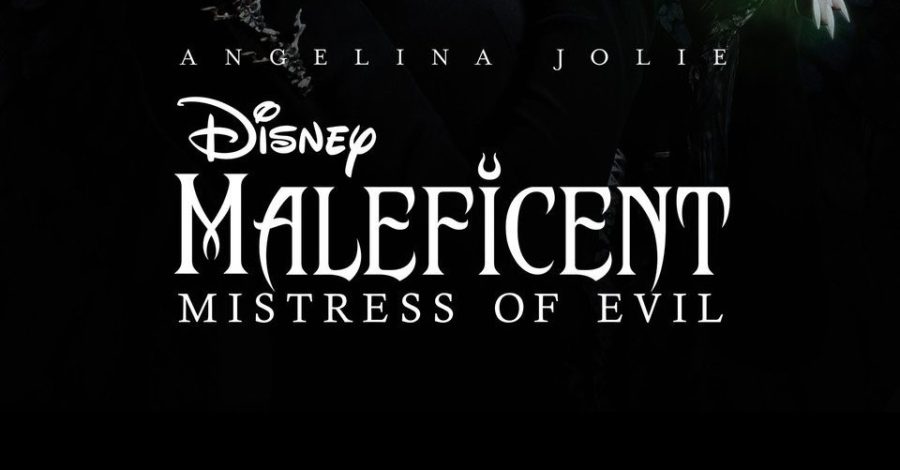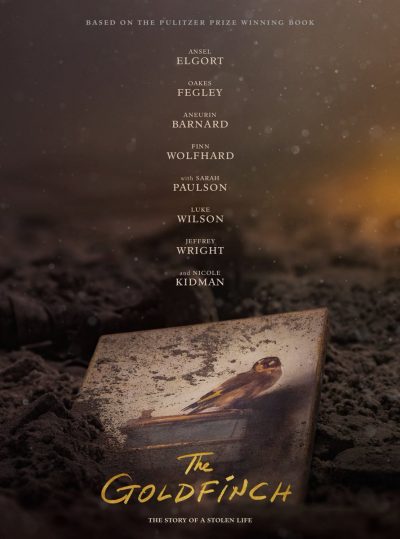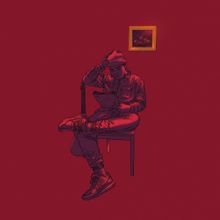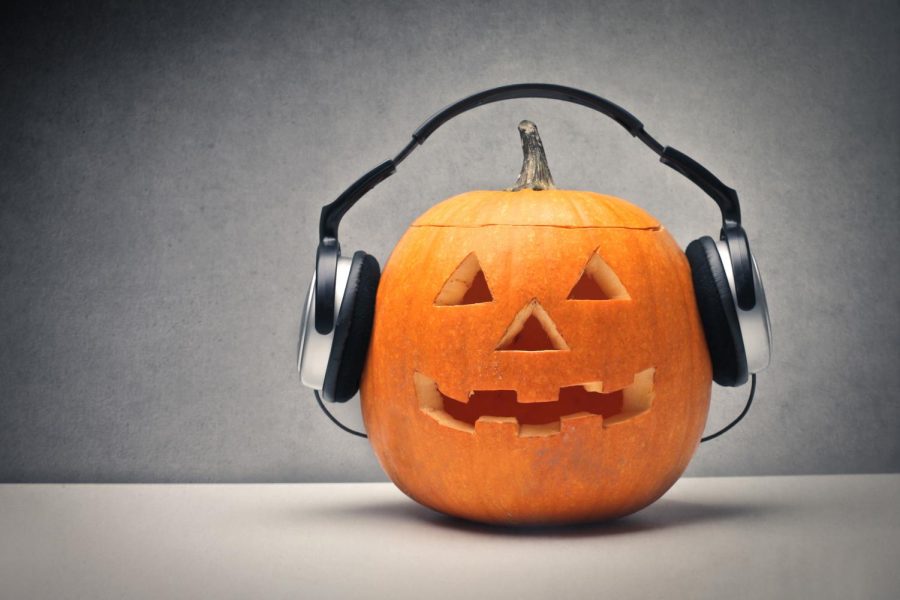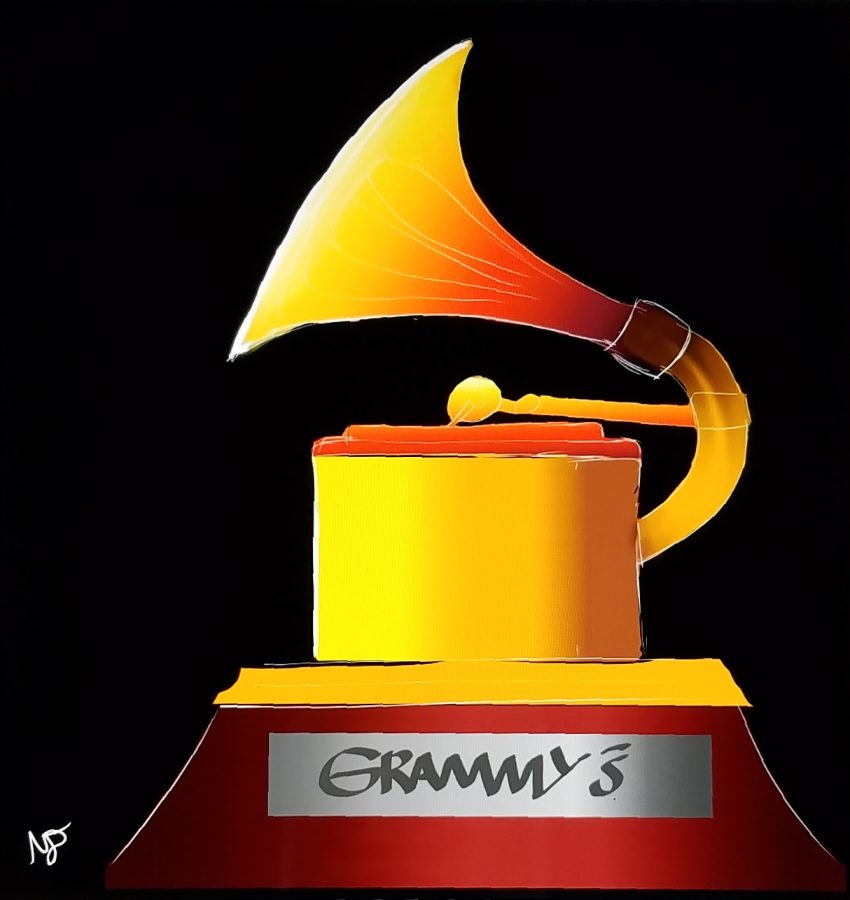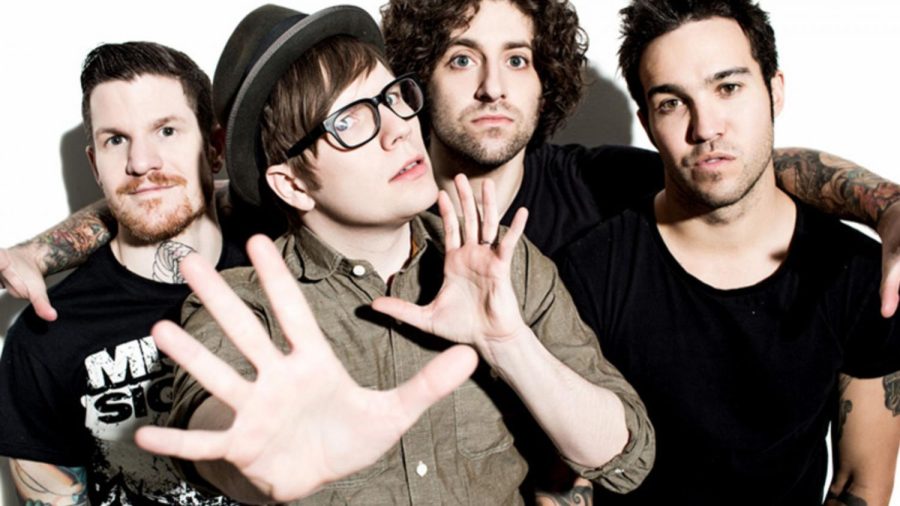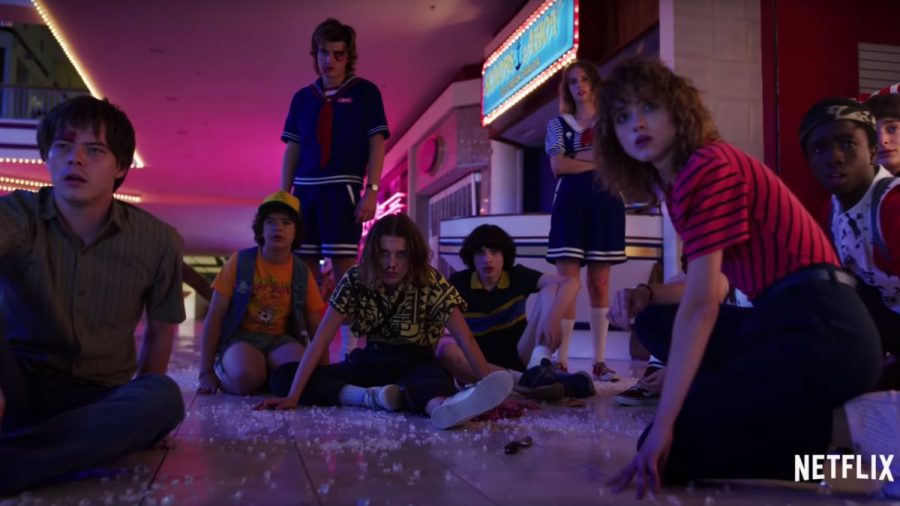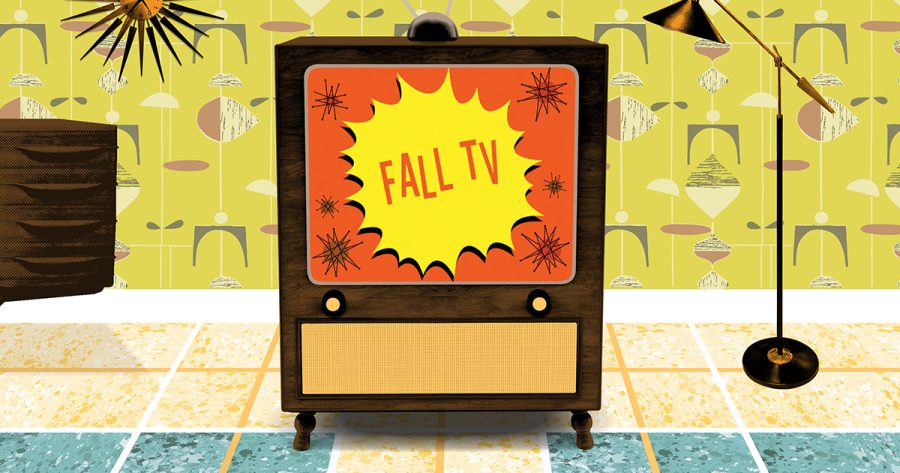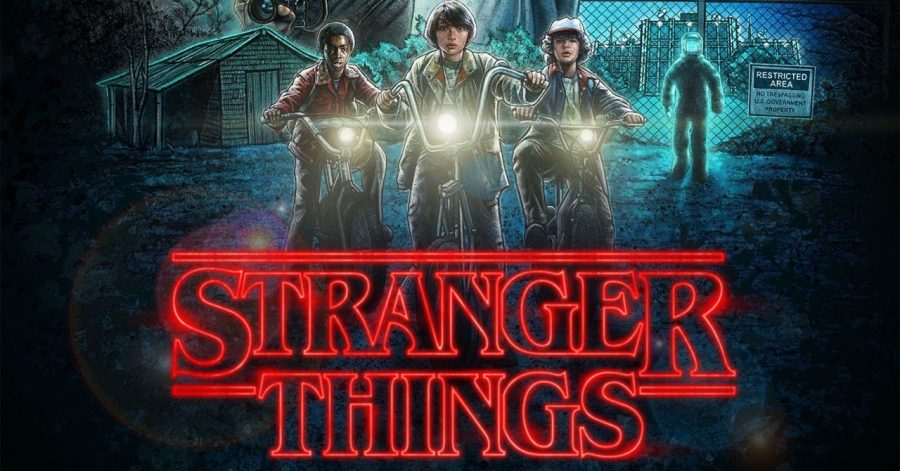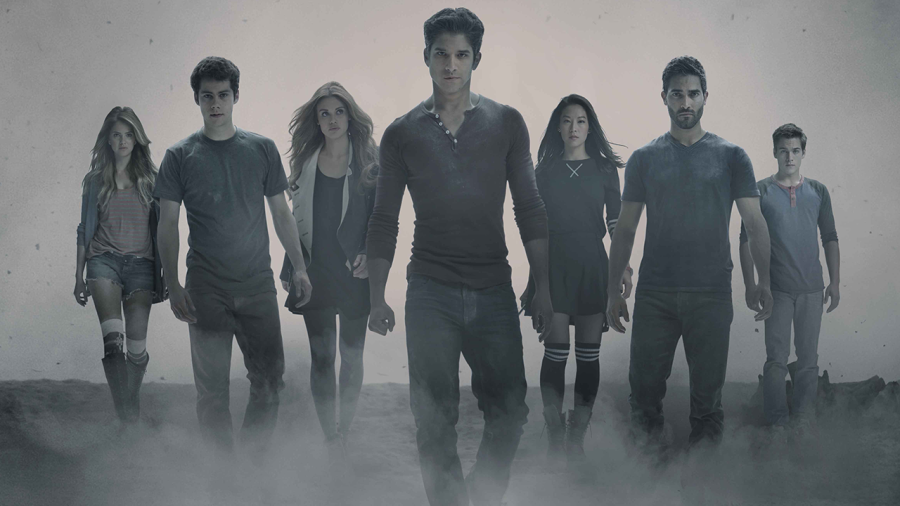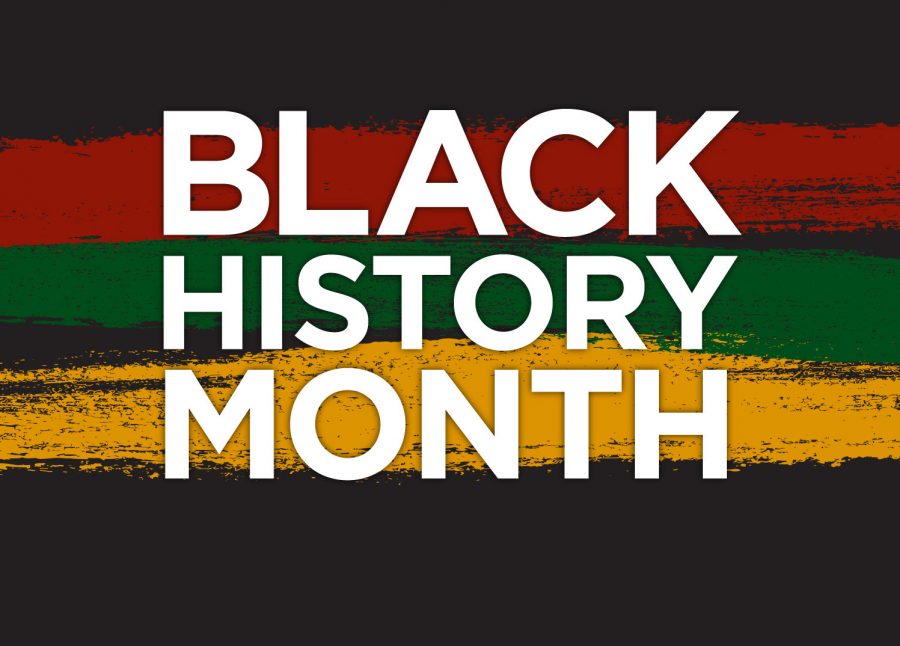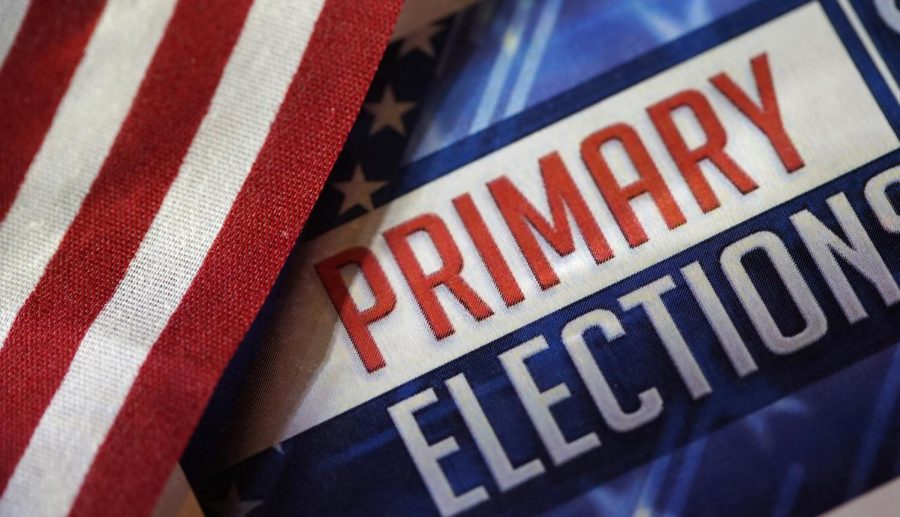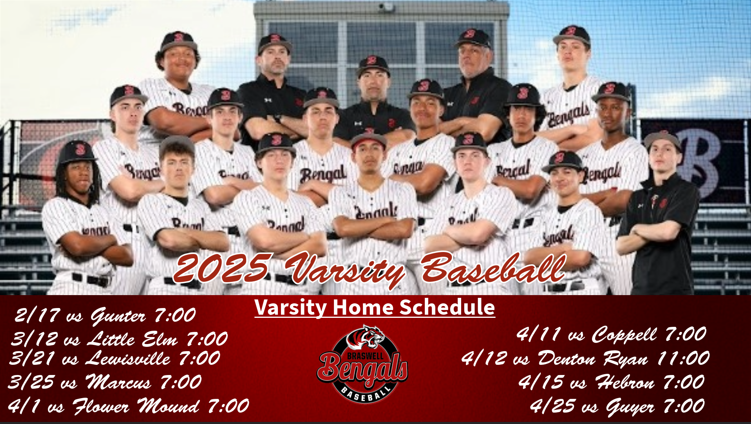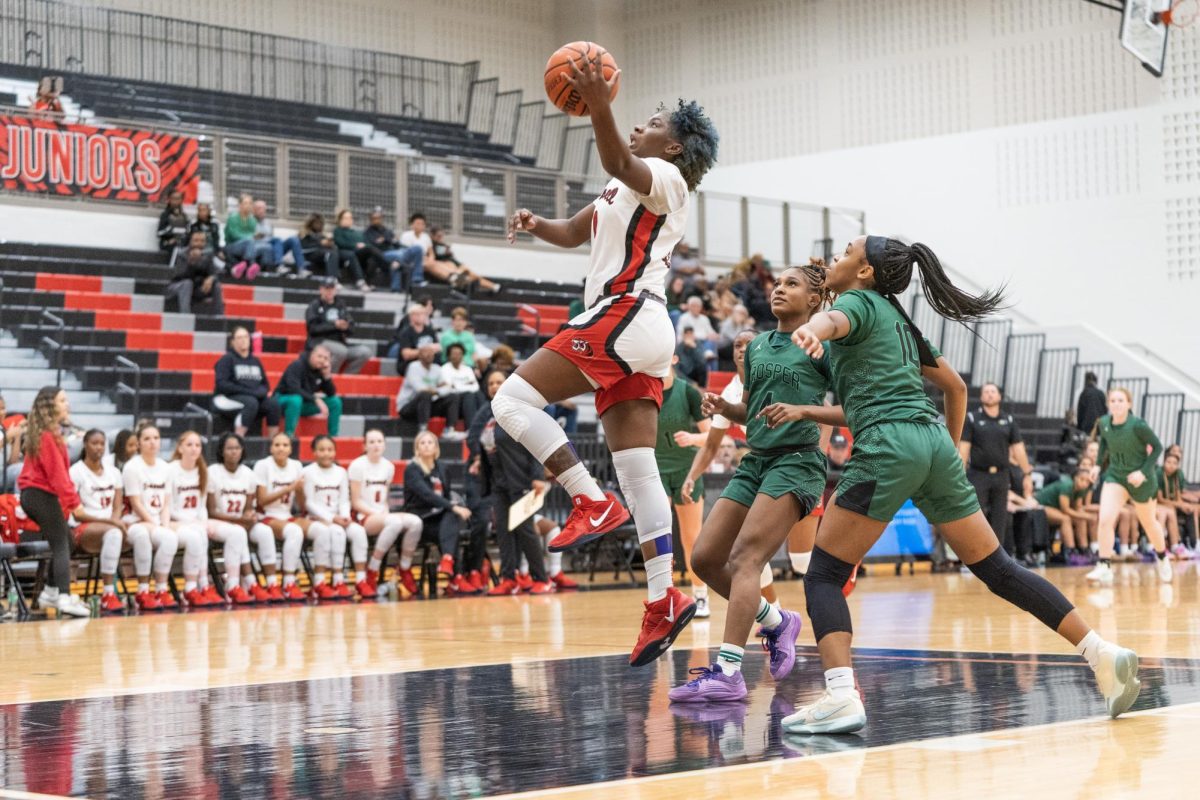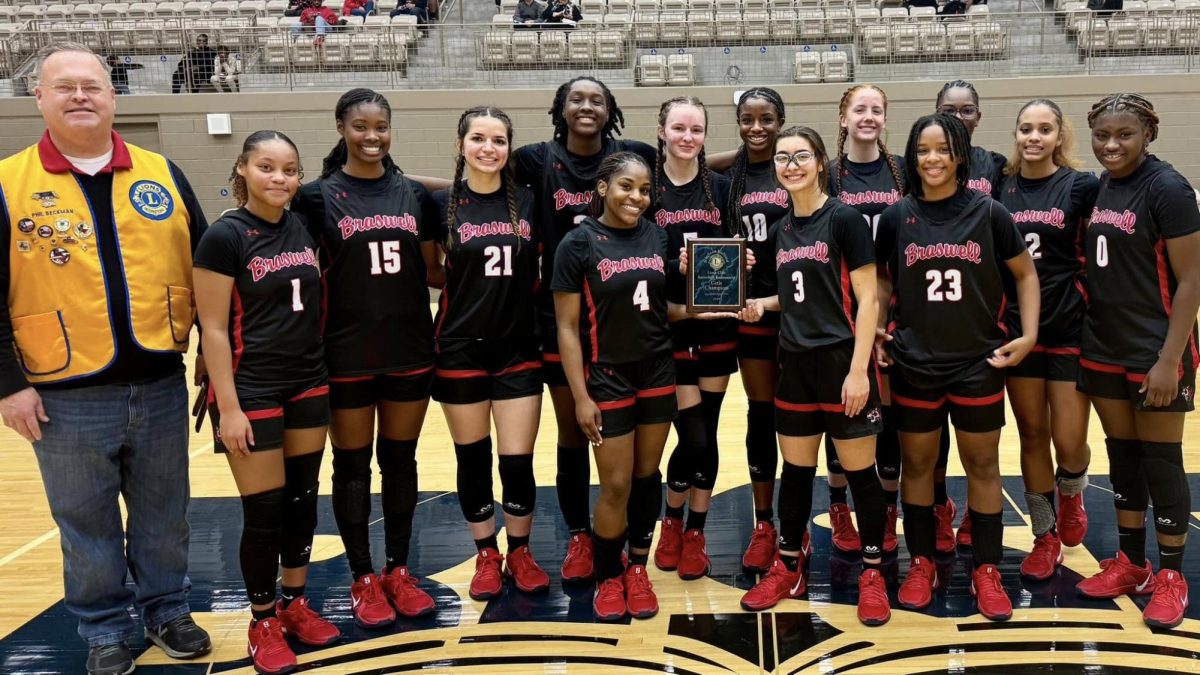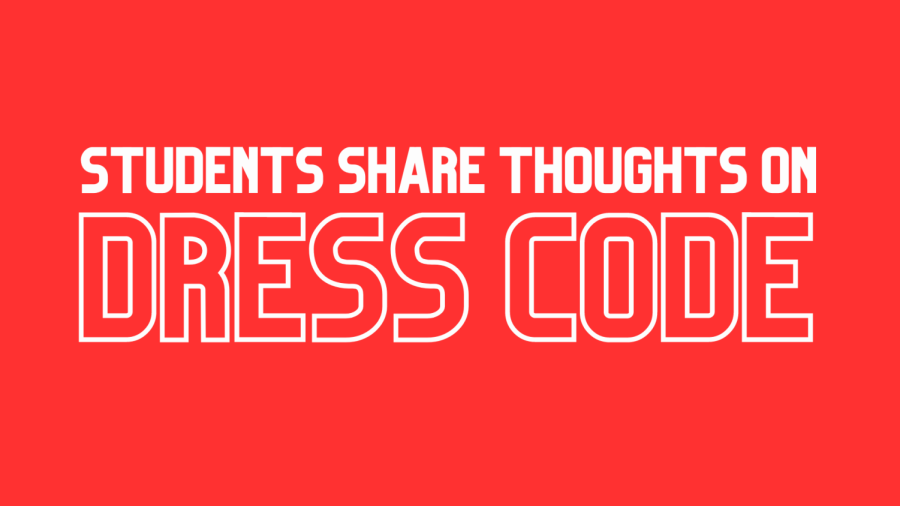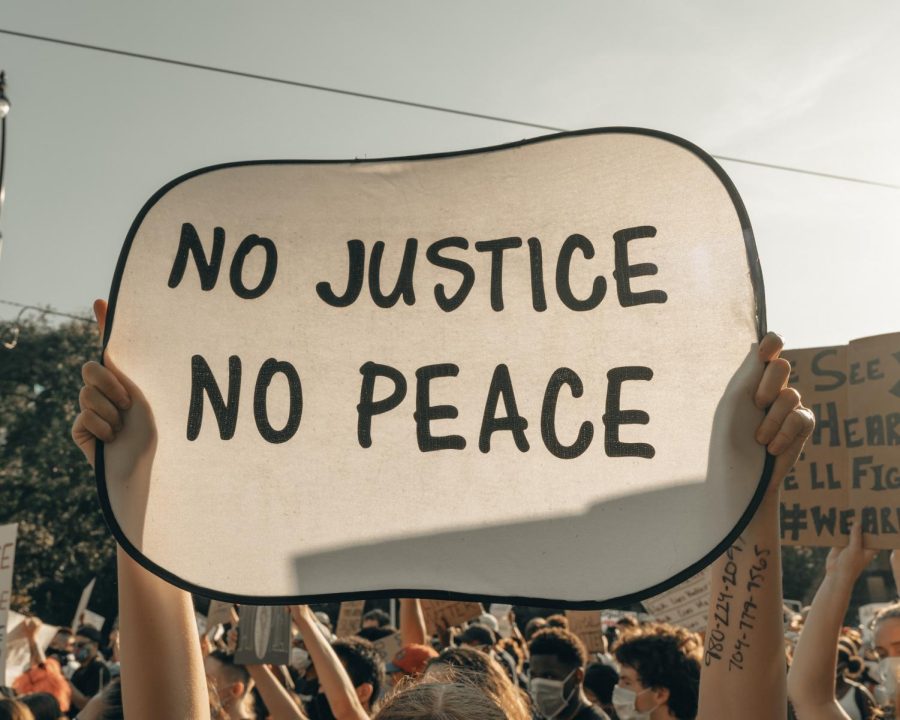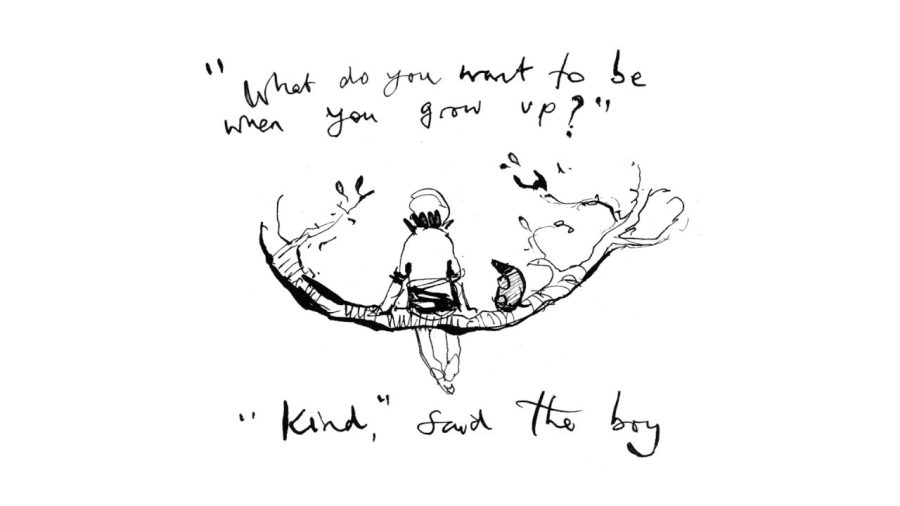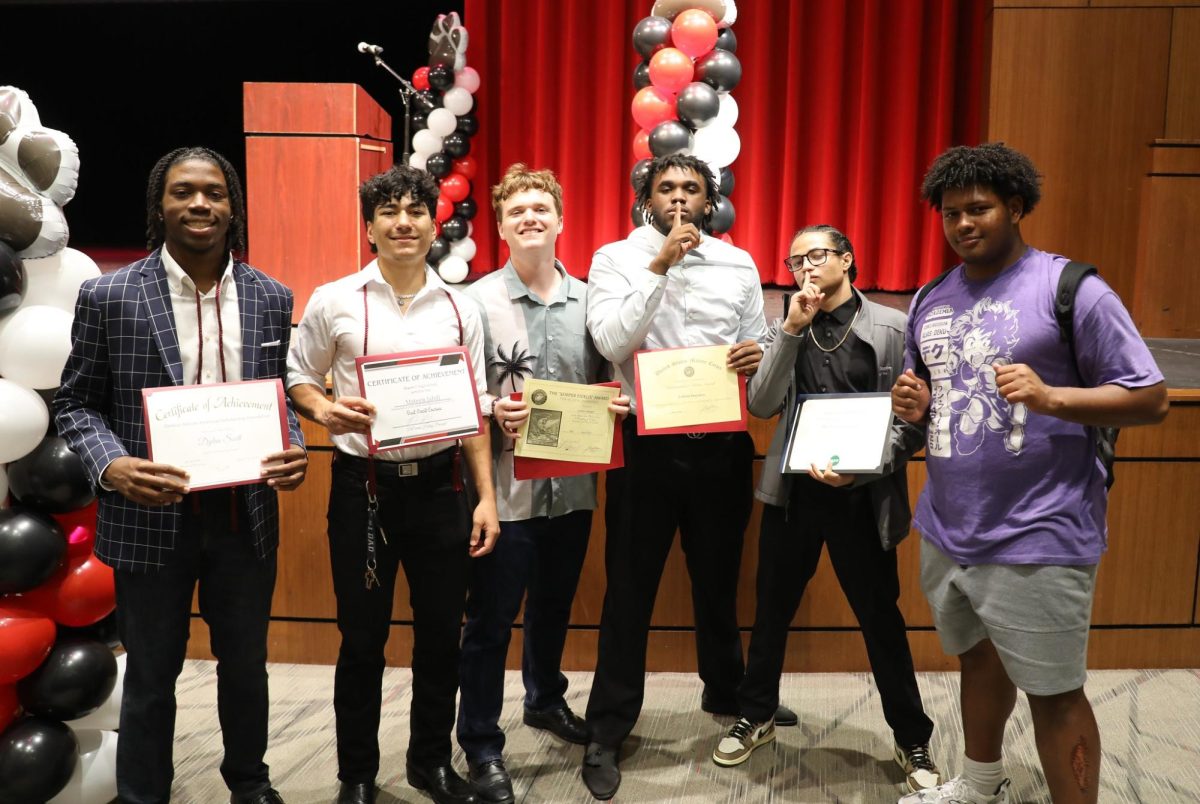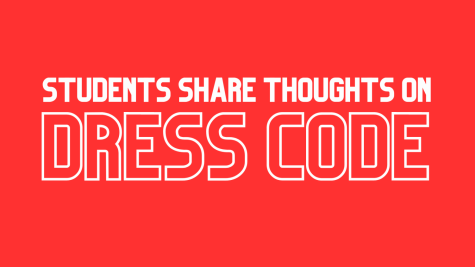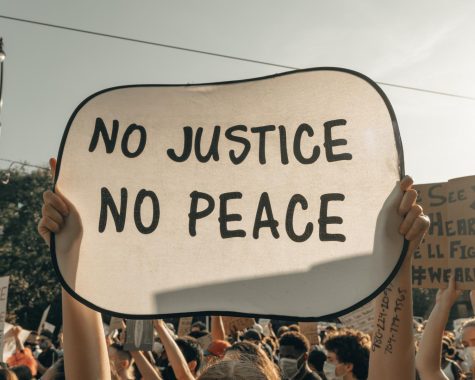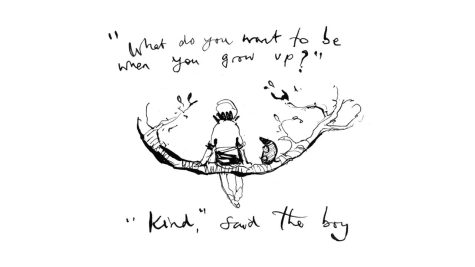What it’s like to be a writer

As many people know, I am a writer. In fact, I am a published writer. My book is called “Forsaken,” and in case you didn’t know, it’s available in the Braswell High School library. But I’m not here to promote my book. I’m simply want to talk about how I got started.
I was 7 when it all began. I remember the sensations … grasping a pencil and knowing that this is what I was supposed to be: a writer, a storyteller, a universe creator. I carried a journal with me wherever I ventured to, whether it was recess, a nice restaurant, a long car ride, or just at home in the comfort of my room. I didn’t write much — all my journal consisted of was four-sentence stories or small observations, like the way the clouds drifted by. But then again, I was only 7, and I didn’t have much to say.
I wasn’t writing for fame or money or to prove anyone wrong. I was writing for me. As I grew older, I wrote about wolves and snow leopards and fantasy realms far away. I made up people and creatures and spoke the words aloud in the shower. I was that kid at school, the one who always pretended to be someone else. I was a kid, and kids love pretending … but it was more than that. I pretended to be the characters I made up, because I was the characters I made up. Writers always are, and that’s their secret.
In fourth grade, I finished my first novel. Well, short story, I should say — it was 52 pages and written in bold, sloppy letters. But as a 9-year-old, the size didn’t matter. I finished it, and that meant everything to me. And not to brag but my fourth-grade teacher, Mrs. Heron, loved it.
Years passed. Fifth became sixth, sixth became seventh. I wrote many more books along the way, though I only finished two out of 16. My problem was — and still is — that I cannot focus on one thing. I have to transition over and over again to a new idea, a new story, a new hobby, a different thing. I’ve always been this way, which is a curse as well as a gift.
When I finished my book “Onyx,” at the end of eighth grade, I immediately thought to myself: “This is the one. I’m done!” I began preparing it for publication, without editing or a professional cover. I sat at my computer, staring at the Amazon Kindle publishing button that was directly before me. My mouse hovered over the bright orange rectangle, the one that if I clicked on it, just once, it would be done. There would be no turning back.
And that’s when I closed the window.
In my gut, I knew “Onyx” wasn’t the one. It consisted of bloody battles with demons, a concept I still like, but that didn’t suit me. I wanted to be known as a uniquely beautiful writer, not a dark one. It was time to start again.
So I began working on “Forsaken” freshmen year. It was born from a dream I had experienced, long ago. To this day, the images — strolling through a mythical world of blue mist with a handsome man at my side – -remain vivid in my mind. I believed this was my sign.
After eight tiring months, I finished it. I hired an editor, contracted a professional cover (all with the help of a book coach) and published the book without hesitation. For at least a week after, I felt fulfilled. I was featured in the “Denton Record-Chronicle” — on the front page! — and my family and friends threw me a surprise book party. But something didn’t feel right … something deep down, and unsettling. Weeks passed, then months. Everyone congratulated me, but I didn’t feel satisfied anymore.
The problem? I was a good writer. Maybe even a really good writer. But my book … it wasn’t good enough. It wasn’t silver-screen ready. It didn’t shine.
So I started over. I didn’t tell anybody.
Six months later, I published it again. I explained my reasons, apologizing several times. But it was worth it. “The final copy will always be better than the rough draft,” an English teacher told me once. Those words have stuck like a hoarse cough.
As of now, “Forsaken” is in paperback form. I’ve succeeded more than I could ever imagine.
I realize now that the headline of my column may not completely fit with the words above, but it all ties together. What it’s like to be a writer is writing and stopping and writing and stopping and never being completely satisfied with your work because you know you can always be better. Writers will spend 10 long years working to publish a book, until at last, they have finally achieved that goal. But they’re not done yet: the hardest part has not even begun.
What it’s like to be a writer is unlike anything anyone could imagine. First of all, you’re labeled by the people who do not know you are a writer — although most people do, or at least can tell — with words like “airhead,” “whimsical,” “random,” and so on.
But the reasons I laugh at these labels instead of being hurt by them is not because they are true, but because they fit. I say random things all the time, blurting out odd facts and questions. I’m always learning, questioning. I cannot just focus on one thing, because my mind cannot handle it. While I’m taking a math test, I’ll imagine myself upon a majestic dragon, soaring over valleys of greenery or imagine myself being introduced on “The Ellen Show” for my book or imagine myself putting up Christmas decorations while sipping hot cocoa. So that’s why during class or strolling through the mall, I’ll blurt out, “How do people illnesses not affect dogs?” and people will look at me like I’m absolutely insane.
What it’s like to be a writer is to have this urge, this incredible, swelling urge, that stays with you constantly. You have so many built-up thoughts you so badly wish to release, but you don’t know how to do so because they all end up jumbled and messy.
What it’s like to be a writer is to be adventurous and want to try new things every second of every minute of every day of every year of every … you get the point.
What it’s like to be a writer is not to force the words out but to let them flow from your mouth so easily that you don’t even feel your fingers gently tapping upon the keyboard, and instead all you’re conscious of is your vibrant mind, sparking with thoughts and a story being told. The words go blank; you can’t see them. All you see is the pictures, the people, the actions, the dialogue … all coming to life directly before you.
What it’s like to be a writer is to not want fame or money or to show off or to compete. It’s to be a storyteller. A universe maker.
That is what it’s like to be a writer.
>> You can read Dear’s novel here.
Your donation will support the student journalists of Braswell High School. Your contribution will allow us to purchase equipment and cover our annual website hosting costs.
Brittney Dear is a junior at BHS. She owns four cats and loves art, writing, coffee, and tea. She also writes some stories here and there, such as columns...



